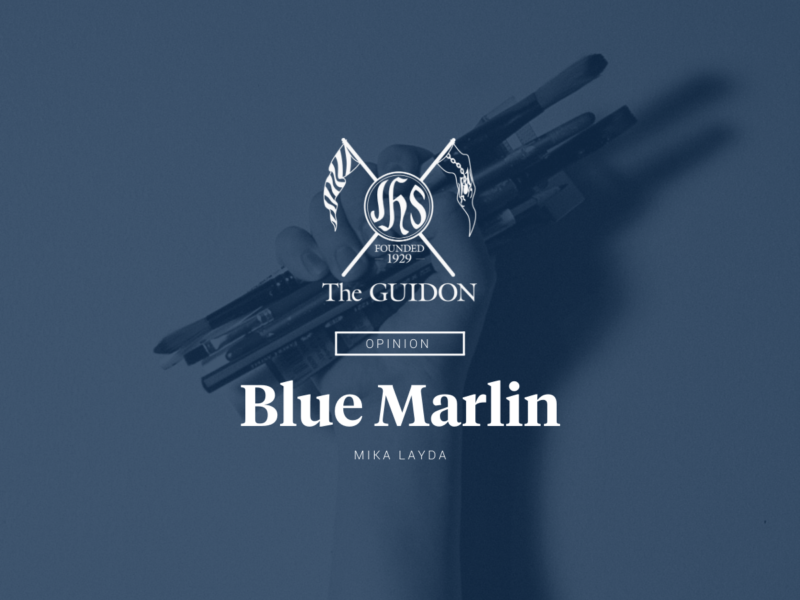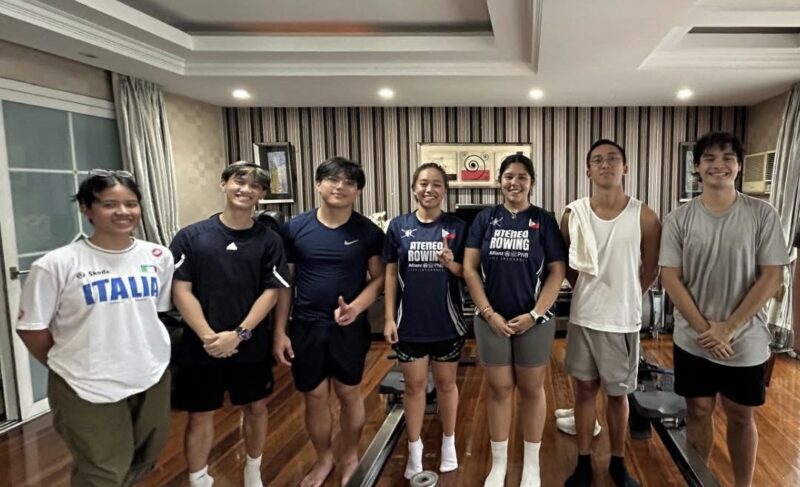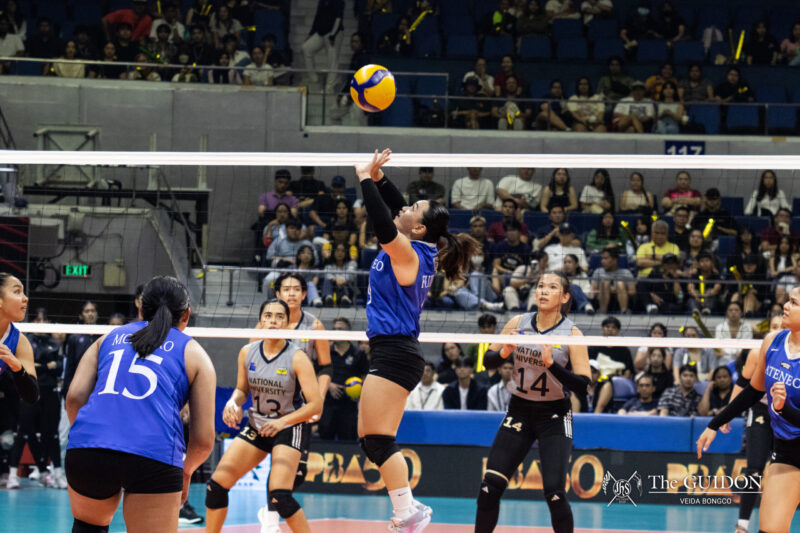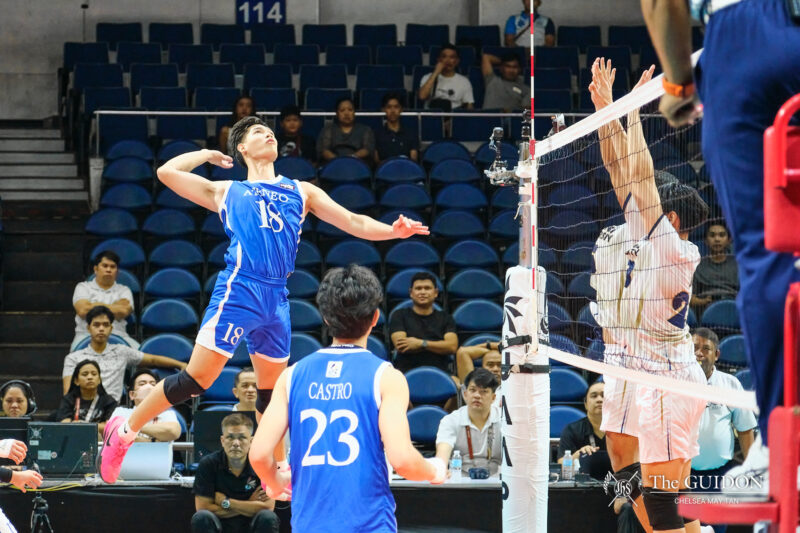According to the Mental Health Atlas 2011 by the World Health Organization (WHO), the suicide rate for males in the Philippines is 2.5 per 100,000 population, and 1.7 per 100,000 population for females. The same document lists an estimated 14.4% as the contribution of neuropsychiatric disorders in the Philippines to the global burden of disease, a number obtained from 2008 WHO statistics.
While the Philippines is a signatory to a number of international conventions on mental health, it has no national mental health legislation. There was an attempt to rectify this through the Philippine Mental Health Act of 2015 filed by Senator Pia Cayetano, but its legislative status is still pending in the committee.
This issue is one close to home; during the Faculty Day Meeting held last January 22, 2016, part of the agenda was dedicated to students at risk. Queena Lee-Chua, who holds a doctorate in clinical psychology, noted that there were 60 students last semester who consulted the Math Department, “not for Math, but for personal problems.”
This number, notably, does not include those who consult in other departments and offices in the Ateneo; neither does it include those who do not consult at all. This, along with the lack of a targeted mental health legislation, insufficient mental health facilities, and lack of information on mental health care and relevant statistics, are indicative of a stigma against mental health in the country.
Filipinos are reluctant to speak of mental health. A Catholic upbringing teaches one to have faith and to adopt an attitude of bahala na, which is similar to the saying, “What will be, will be,” or leaving one’s fate in the hands of a greater power. There are other sociocultural factors that make things worse: Filipinos’ perceived hospitality raises the expectation that its citizens are supposed to be accommodating and cheerful; because the Philippines is no stranger to natural disasters with high mortality rates and millions of pesos lost in damages to property, Filipinos are thought to be resilient.
In the Ateneo, the problem is exacerbated further by the magis culture, the academic and extracurricular pressure to excel. The limited number of employment opportunities after graduation has students becoming more competitive. We are expected to do more: To get a 4.0 QPI, to be in the executive board of an organization by senior year, to be involved in a number of projects. At the same time, our upbringing prevents us from speaking up about our depression, panic attacks, and other personal problems we may experience. So these issues continue to persist, and mental health cases on campus increase over the years.
The hours in a student’s day are partitioned to the culture of busyness, occupied with orgwork and schoolwork and social life to the point where no time is left to oneself unless one is asleep—and even the average number of sleeping hours is questionable at best. It feels wasteful to rest; falling asleep at our desks is taken as a personal failing rather than a warning sign.
We were taught, by culture and narratives and tradition, that will and perseverance are all we need to power through any obstacle. We deny the need to rest, to listen to the cries of our own bodies and minds. It is no sin to admit we need help; mental health issues cannot be exorcised. Pushing against our limits makes us stronger, but knowing and listening to them is, in itself, a sign of strength. And when we hear about friends, orgmates, or acquaintances listening to their own bodies, we can nod to ourselves. It is something we understand.







